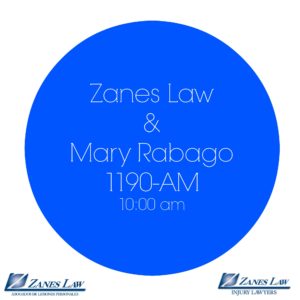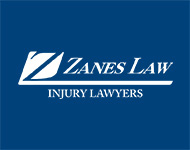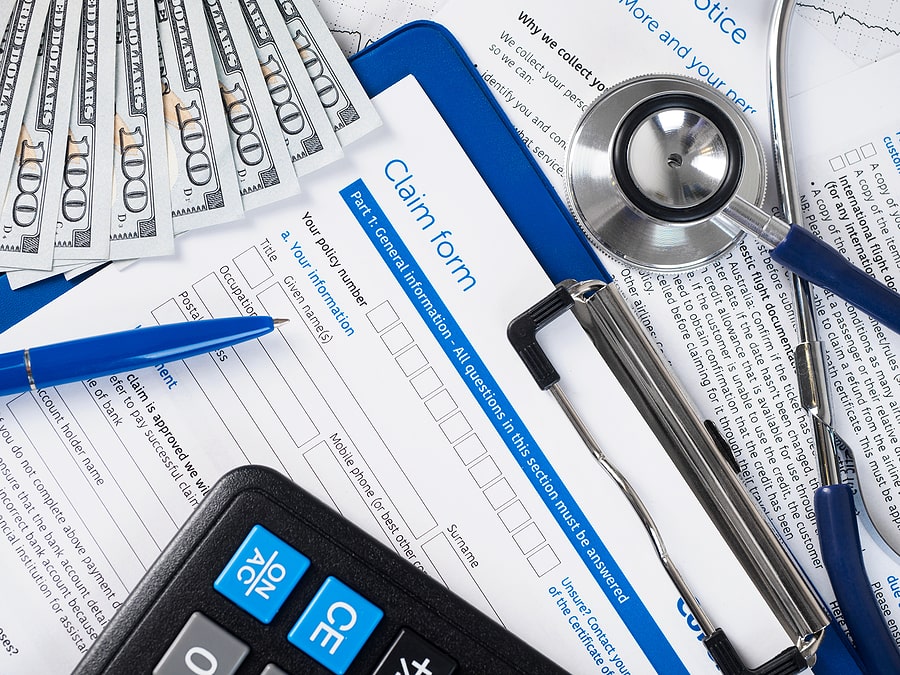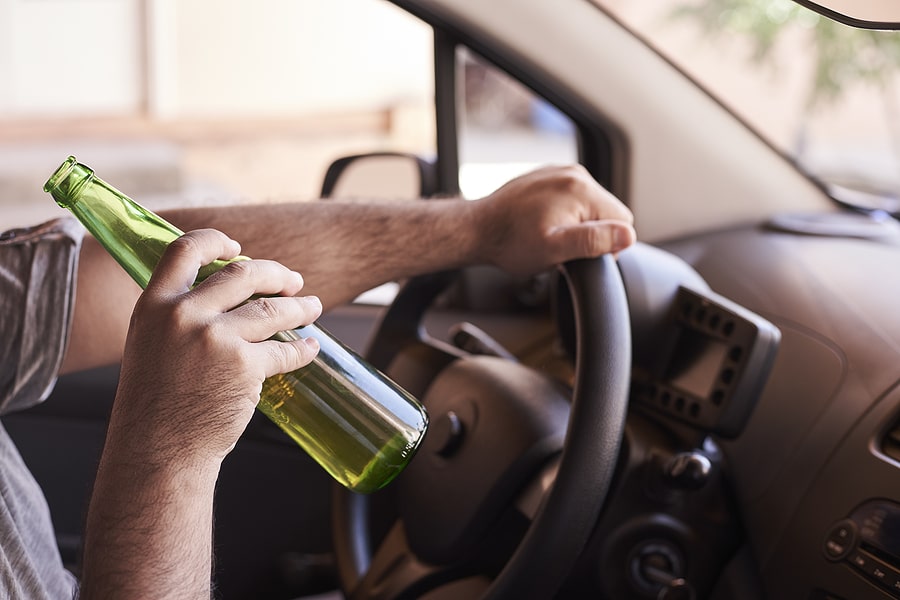Arizona Car Accident Claim Process
September 16, 2022
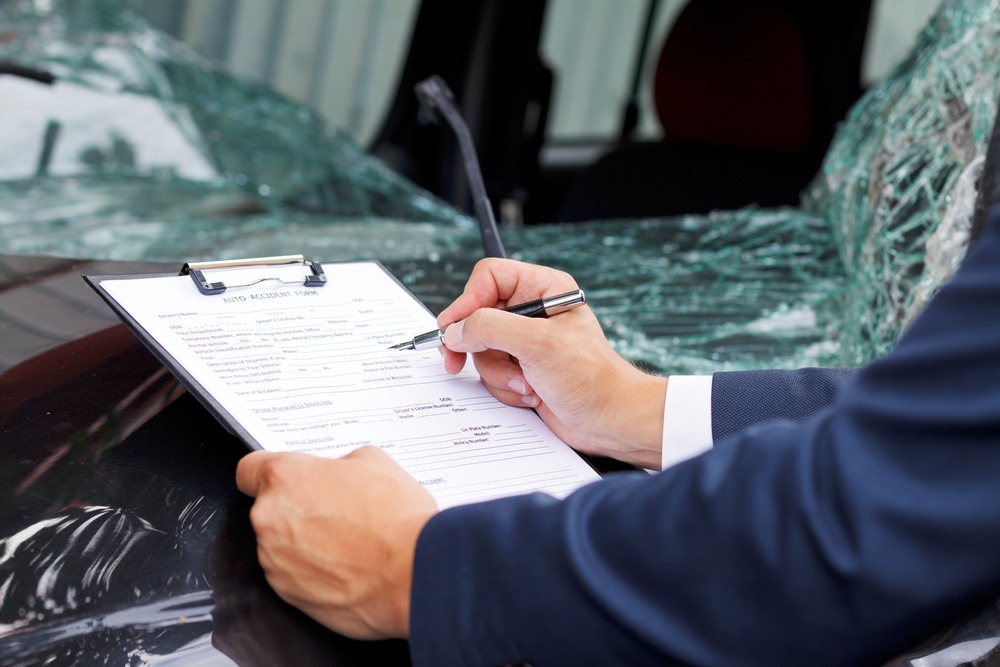
Most drivers will get into a few accidents in their lives. Not all of them cause injuries, but they all must follow the car accident claim process. By following the steps here from Zanes Law, you’ll follow your legal obligations, avoid mistakes, and preserve your chances for a good settlement.
Not all car accidents will need the help of a personal injury lawyer, but you should know these steps so that you know what to expect after any crash. If you don’t follow them, you could find yourself in serious trouble. It may seem like a lot to remember, but they’re all important!
At the Accident Scene
The first thing to do after an accident is to call 911 to report it and get the vehicles off the road if you can. If anyone is injured, 911 will send paramedics. Do not refuse their help, or the insurance company might say you sustained your injuries in a different accident.
If you are well enough to move, exchange names and addresses with the drivers, along with registration numbers and insurance information. Not only will you need this to file a claim, but it’s your duty under Arizona law (ARS § 28-663). Give reasonable aid to any other injured people if you’re able to. If asked to show your driver’s license as proof of identity, do so.
If there is only property damage, 911 may not send police to you. Exchange information, get your vehicle out of the roadway, then see a doctor as soon as possible for an evaluation. Tell them you’ve been in an accident. Prompt medical care will make it easier to link your injuries to the accident.
For a free legal consultation, call (866) 499-8989
Gathering Evidence at the Scene
While you are at the scene, you can use your phone to collect evidence that can prove useful to your case. For instance, you can use it to record the required information you need to exchange. You can also add information like:
- Telephone numbers and email addresses
- Driver’s license numbers, expiration dates, and DOB
- License plate information
- Year, make, and model of vehicles and the VIN
- If the other driver is not the owner of the vehicle, get the owner’s information.
Getting photos of the scene is also crucial. You can photograph the crash damage, your injuries, the cars, and the surrounding area to build a sketch of what happened. Be sure to get photos of the street names. Mark down the weather conditions, the time of day, and what you think your speed was at the time of the crash.
If there are witnesses, ask them to stay until police arrive. They are not obligated to do so, but it will help the police write an unbiased report if they do. If they are willing, record witness contact information as well.
Speaking With Police
If there was injury, death, or property damage above $1,000, the accident must be reported to the local police, the county sheriff’s office, or the nearest highway patrol office. If police come to the scene, they will make a report there. This document is vital to prove an accident happened, and you’ll want a copy. You may have to pay a small fee to get it.
When you speak with the police, follow their directions and be truthful. Identify yourself if asked. If you get a citation, don’t fight it. You can challenge it later in court. However, if they ask questions that could incriminate you in a crime, you have the right to remain silent.
Stay at the scene until the police let you go, and be sure to ask them where you can pick up a copy of the accident report. The police have 24 hours after finishing their investigation to write up a report.
Click to contact our personal injury lawyers today
Speaking With the Insurance Companies
Your insurance may require you to report all accidents immediately. If you don’t, your policy could be canceled. Even if the accident wasn’t your fault, you need to let your insurance know that an accident happened. If your insurance has a mobile app, you may be able to let them know immediately and upload video and photos at the scene.
After reporting to your insurance company, call the insurance company of the other driver to report what happened. All you need to tell them is if there was property damage or injuries. If you are injured, tell them you are seeking ongoing medical treatment.
Do not admit fault to anyone at the scene or to the insurance companies. You might not be at fault even if you think you are. If the other driver says you’re at fault and demands payment, refuse to do so and refer them to your insurance company.
Notifying the companies starts the claims process, but it’s not official just yet. You have options you’ll need to discuss with your lawyer first, like which insurance company to use for your claim.
Complete a Free Case Evaluation form now
What Will the Insurance Companies Do?
All the insurance companies will start their own investigation to see if the claims are accurate and begin estimating the damages. Your insurance may provide you with an attorney to help you with your claim, but you can also go with your own.
The insurance companies may ask for a statement from you about what happened. We recommend not giving this without having a lawyer on your side first. Sometimes, adjusters will ask leading questions to get you to say something that could be used against you.
Remember, an insurance company is not your friend. But if they ask questions, be factual and do not exaggerate or understate. If you’re hurt, say you’re hurt. Don’t sugarcoat what happened, and do not lie to them.
How Arizona Car Accident Insurance Works
Arizona is an at-fault state. This means that victims may seek compensation for their damages from responsible parties. You could have medical bills, property damage, and many other damages that need compensation after an accident.
Arizona is also a pure comparative fault state. This means that they adjust the amount of compensation by how much liability you contributed to the accident. As a pure comparative fault state, as long as you’re not 100% responsible for the accident you can file a claim.
Arizona minimum insurance policies are quite low and may not cover the costs of your damages. The minimums are:
- $15,000 in bodily injury liability coverage for one person
- $30,000 for two or more in the same accident
- $10,000 property damage
Under the at-fault rules, you can file a claim against the other driver’s insurance, against your own insurance, or you can try to sue the negligent driver directly. Your car accident lawyer can tell you which option is best for your situation.
What if the Other Driver Is Uninsured?
If the other driver is uninsured and you have UI/UIM coverage on your policy, you can file a claim against your own insurance to activate that coverage. If that amount is not enough, you can sue the at-fault driver directly for the excess with the help of a lawyer.
Will I Need an Attorney?
If your injuries aren’t terrible, like if it’s just bruising, you may not need a lawyer to get a fair settlement. However, the full extent of your injuries may not be apparent until days after your accident. Therefore, it’s so important to see a doctor as soon as possible.
If your doctor diagnoses you with a serious injury like a fracture, burns, head trauma, herniated discs, and similar conditions, you need an attorney to help you get a fair settlement. Without one, you’re at the mercy of the insurance company.
It costs nothing to go to an attorney for a consultation to see if you have a claim that needs their assistance. They’ll review the evidence you have and use their judgment to decide your chances of winning, how much you’ll likely get, whether you’ll end up in trial, and how long it will take to finish your claim.
If you think you do not need an attorney because the costs are clear and you’re not too banged up, follow the instructions of the at-fault insurer for making a formal claim. Once you settle your claim you cannot get more money from it! Make sure you have all the costs ready first.
Remember the Statute of Limitations
In Arizona, you have two years from the date of your accident to file a court case. The insurance company may try to stall processing your claim to make you breach it. If you go beyond it, you cannot recover any compensation!
If you’re getting close, it’s time to decide whether you need an attorney to start a court case or whether to go to small claims court. If your claim is under $10,000, you can sue in small claims court. However, you cannot have an attorney, so you’ll need to brush up on how to present your case. Fortunately, the rules are more relaxed there!
Getting Paid
Eventually, assuming you don’t lose outright, a settlement will be reached or you’ll win your court case. The insurance company will pay you the settlement amount agreed on. If you hire a lawyer, the money will go to them so that they can deduct their fee, and then the lawyer will send it to you.
Once you’ve received your money, you can pay off the debts of the accident and put the situation behind you! The entire claims process is quite complicated, but these are the basic steps you need to know. For more information, contact a car accident attorney for advice.
Call or text (866) 499-8989 or complete a
Free Case Evaluation form


